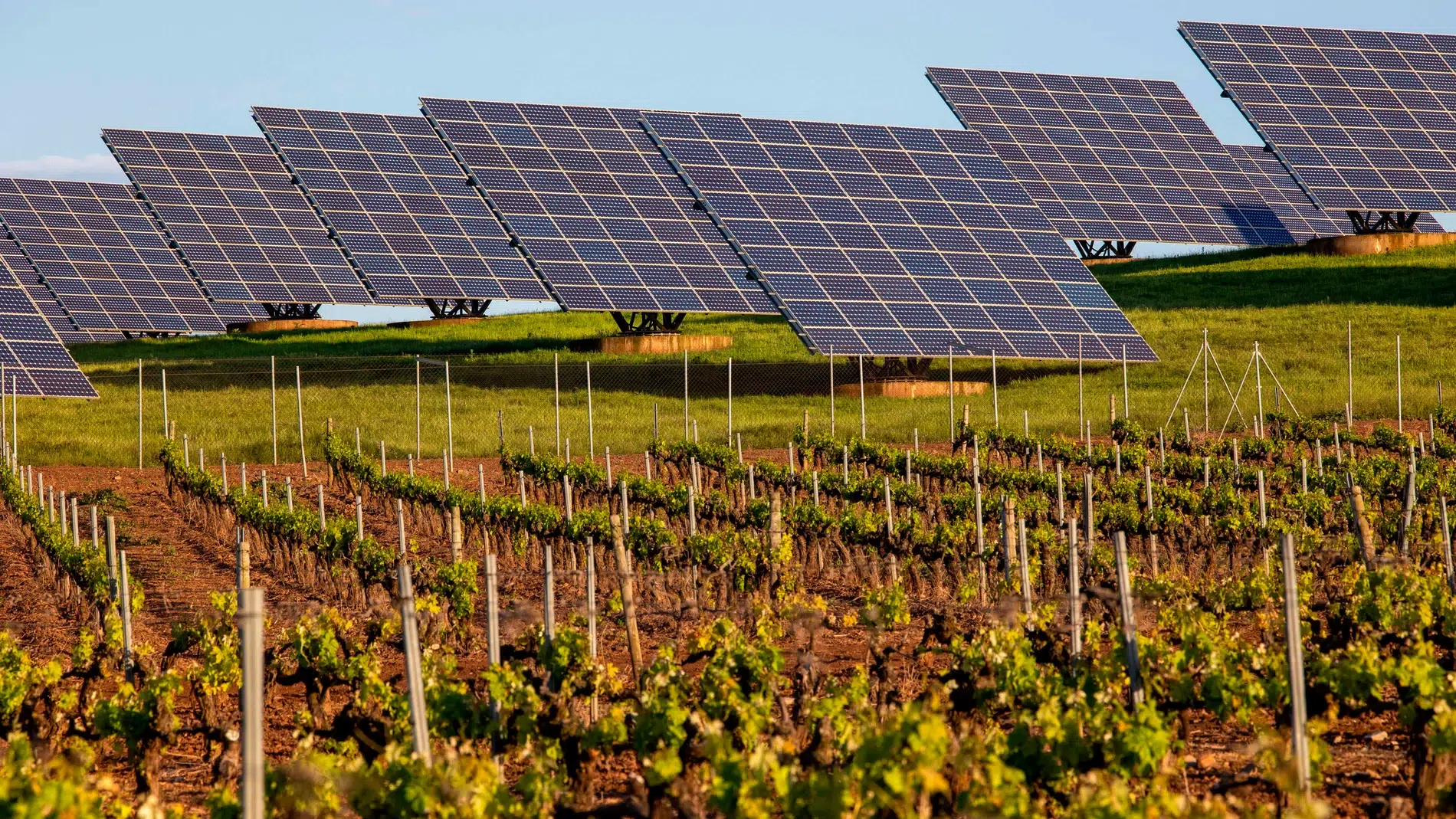The wine growers of Marco de Jerez are once again alert to the consequences of this continued increase in sustainable energy projects in the region. This situation has sparked a wave of concern and mobilization among the wine community.
This is the reason that could ruin wine growers
Wine growers, aware of the environmental benefits of clean energy, are alert to the possible impact that these facilities can have on the local ecosystem and therefore on the quality of vineyards and wine production.
This situation has given rise to an intense debate on how to balance the need for balance promoting energy sustainability while preserving the region’s wine tradition. Wine growers fear the massive presence of renewable energy infrastructure.


The news of new wind, photovoltaic or hybrid parks that have started the process of applying for environmental impact consent before the Junta de Andalucía will be installed in the area of influence of several historical payments of Jerez has unleashed a new battle in the region . Renewable energy, yes or no?
The growing proliferation of renewable energy projects in the Marco de Jerez has sparked concern and mobilization within the wine community. Wine growers, aware of the environmental benefits of clean energy, are alert to the potential impact these facilities can have on the local ecosystem.
The battle for transparency in sustainable energy projects in Andalusia
The approval of this measure aims to protect the vineyard while a special plan is being developed to regulate the installation of renewable energy projects in the municipal area. Despite these measures, the lack of transparency in the initial stages of processing makes it difficult to identify new ongoing projects in a timely manner, causing additional concerns among wine growers.
The initiators of initiatives related to renewable energy rely on the urban viability reports of local authorities before starting the process of seeking approval from the Andalusian government, according to César Saldaña, leader of the Board of Supervisors.
however, the lack of public availability This information quickly raises concerns among grape growers, as they are unable to obtain details of these vital reports in the early stages of the projects.
César Saldaña deciphers the riddles of renewable energy in Jerez
The president of the Jerez Wine Institute, César Saldaña, emphasizes the need for transparency in the urban compatibility approval process. Get information about who approves this compatibility, how it is done, and how many reports exist.
The lack of clarity about this sustainable energy project is causing concern among wine growerswho are sometimes only made aware of some projects when the developers’ sales representatives visit to make offers for land.
Saldaña points out that this not only creates uncertainty, but also causes tensions between vineyard owners, as a mill economically only benefits the owner of the land on which it is installed, thus affecting others around it.
The chairman of the Wine Regulatory Council expresses his concerns about this the proliferation of wind turbines and solar panels in the Balbaína area. They fear a ‘terrifying’ situation and demand knowledge of the situation, which they have taken from urban compatibility reports of previous governments, on which they have no data.
In addition, they announce the request to the municipalities of El Puerto and Sanlúcar to amend their general urban planning plans and adopt transitional measures similar to those implemented by the government of Jerez to protect the vineyard from invasive sustainable energy projects that significantly disrupt its development could harm. of their activities as winegrowers.

